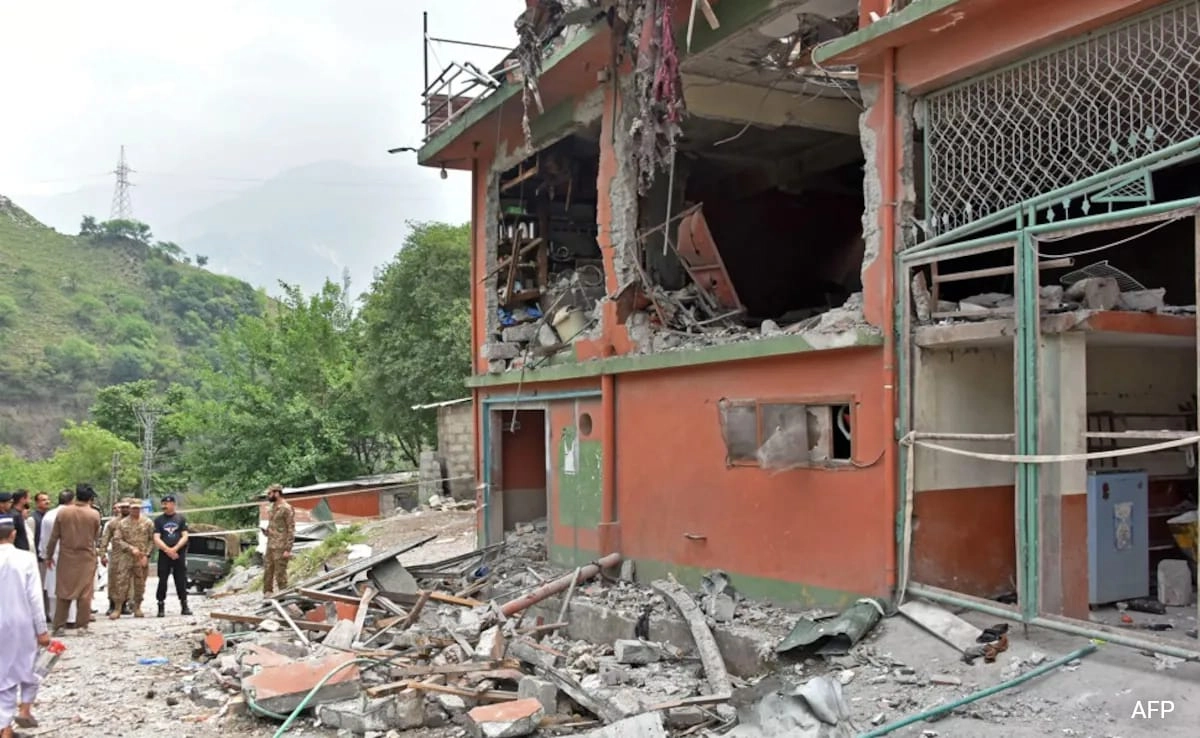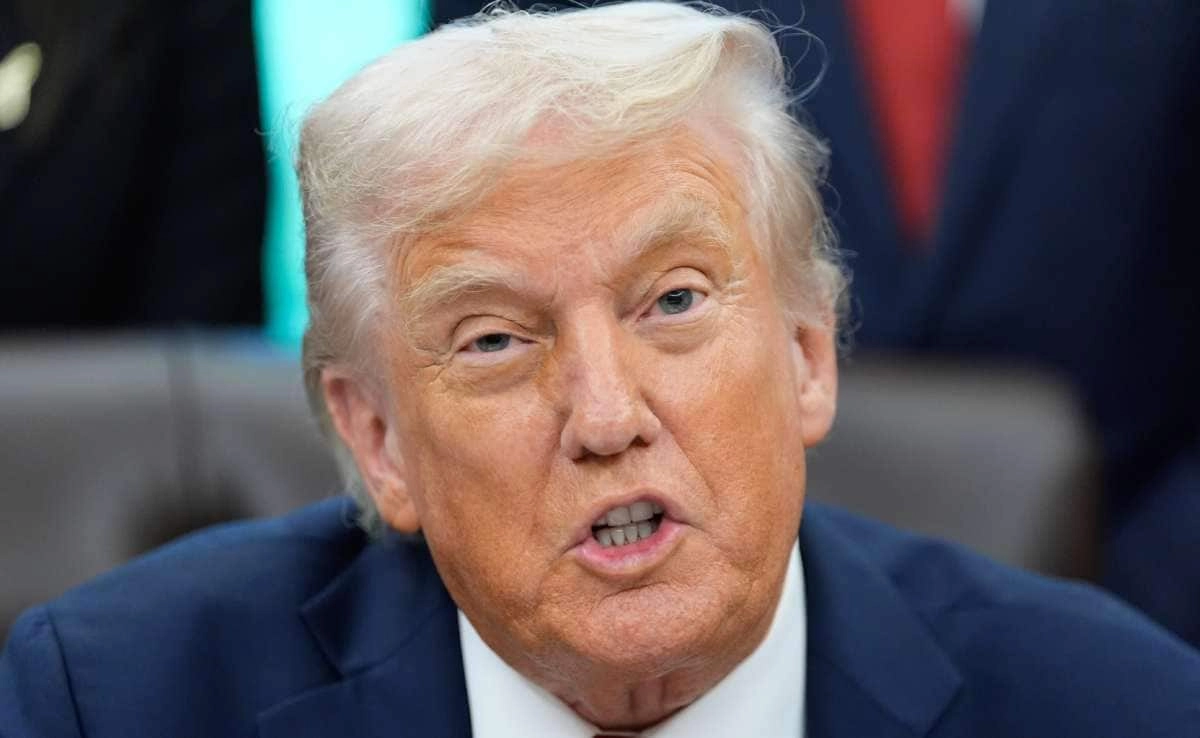In a remarkable response to the recent ban on social media platforms in Nepal, there has been an astonishing surge in VPN (Virtual Private Network) sign-ups, with reports indicating an increase of up to 8,000%. This unprecedented spike can be attributed to the public’s desire to circumvent the restrictions imposed on popular social media services that are crucial for communication, information sharing, and social interaction. As the government moved to restrict access to platforms like Facebook, Twitter, and Instagram, many users turned to VPNs as a means to regain their online freedom and maintain connectivity with the global digital landscape.
The social media ban, which officials claim was implemented for security reasons, has ignited widespread concern among citizens regarding censorship and the erosion of digital rights. Social media has become an integral part of daily life for millions of people, serving not only as a means of personal expression but also as a vital tool for news dissemination and political discourse. Consequently, the abrupt removal of access to these platforms has led to public outcry and a call for the restoration of digital liberties. In this context, VPNs have emerged as a lifeline, enabling users to bypass government filters and access previously restricted content.
The dramatic rise in VPN usage highlights the lengths to which individuals are willing to go to protect their online privacy and continue engaging with the digital world. Many VPN services are experiencing an influx of new users, with companies scrambling to accommodate the high demand. This trend is not just a reflection of the immediate reaction to the social media ban but also underscores a growing awareness among the Nepali populace of the importance of internet freedom. As citizens navigate the complexities of digital governance, the reliance on VPNs may signal a shift toward a more privacy-conscious online culture.
Moreover, this situation in Nepal resonates with broader global trends surrounding internet censorship and the use of technology to uphold democratic values. As governments worldwide grapple with the challenges of regulating online content, the response of the Nepali people serves as a powerful reminder of the fundamental human right to free expression. The VPN surge is not merely an isolated incident; it reflects a growing movement among internet users to reclaim their digital spaces and advocate for their rights in the face of governmental overreach. In light of these developments, the future of internet governance in Nepal remains uncertain, but the resilience of its citizens in the face of adversity is undeniably inspiring.




